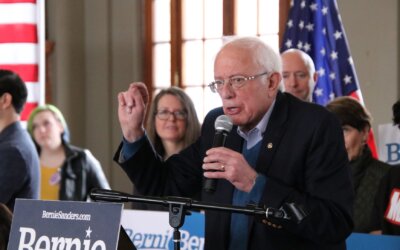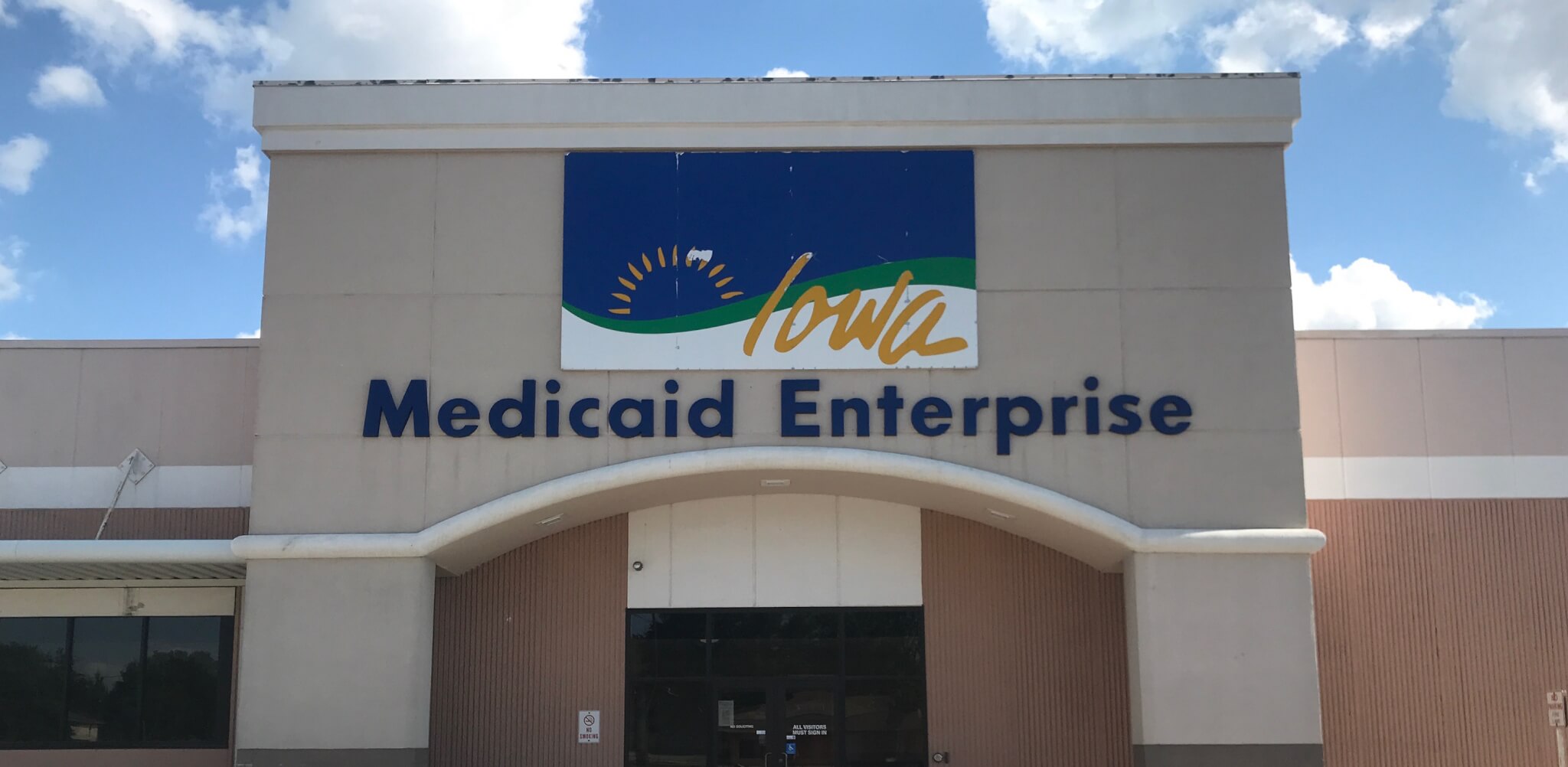
The health care advocacy group Protect Our Care recently released a report with nationwide, aggregate data showing increases in enrolled coverage and health care outcomes across the country.
“It’s undeniable that Medicaid expansion has enabled more Americans to receive coverage and improved access to vital health care services in communities across the country,” said Brad Woodhouse, Executive Director of Protect Our Care.
Health care access and outcomes has already become a top-tier issue of debate amongst 2020 candidates, and this data could better inform policy proposals and opinions on such.
“As study after study has shown, expanding Medicaid means better health care for millions of people. It is one of the most successful components of an increasingly popular Affordable Care Act,” the report reads.
Presidential Candidates Who Have Expanded Medicaid
Montana Governor Steve Bullock, Washington state Governor Jay Inslee and Former Colorado Governor John Hickenlooper all expanded Medicaid in their states during their tenures.
Bullock was one of the last candidates to enter the presidential race, citing his duties as Governor on issues that included reauthorizing Montana’s Medicaid expansion – watch his recently-released ad explaining this below.
https://www.youtube.com/watch?v=Y-rDs9xOsBw
Inslee expanded Medicaid in Washington state in 2013, leading to one of the biggest drops in uninsured rates by state in the entire country, at a 56% decrease by 2017. Just over one month ago, Inslee signed a bill making Washington the first state to offer a health insurance ‘public-option’ – called Cascade Care.
Hickenlooper also expanded Medicaid in Colorado during his time as the state’s Governor. As a result of doing so in 2013, Hickenlooper claims that nearly 95% of Coloradans now have health care coverage. He did this while opposing a single-payer health care system – which he continues to do on the presidential campaign trail.
Increase in Coverage Enrollment
With the Affordable Care Act came increased opportunities for individual states to expand their Medicaid programs – which 36 states and the District of Columbia have done.
“States that have chosen to expand Medicaid have seen significant reductions in their uninsured rates. Between 2013 and 2017, the uninsured rate in Medicaid expansion states dropped by 6.7 percent — from 15.8 percent to 9.1 percent,” the report reads. “During the same time period, the uninsured rate in states that refused to expand Medicaid dropped by only 4.3 percent.”
The report says that has equated to 12.7 million newly-eligible people gaining coverage, which could be a reason the ACA remains popular amongst voters.
“Last fall, voters in three conservative states voted to expand Medicaid. More than 60 percent of voters in Idaho chose to expand Medicaid, as did more than 53 percent in Nebraska and Utah,” the report reads.
[inline-ad id=”0″]
Medicaid Expansion in Iowa
Iowa took part in Medicaid expansion through the ACA after considering a state-specific version. Compared to other Midwest states, Iowa’s Medicaid expansion provides coverage to a higher income bracket than most other states, meaning that, generally, more people are eligible.
After the expansion, Iowa saw a 42% decrease in the uninsured rate and the number of people covered by Medicaid/CHIP increase by 184,591.
Moving Toward Better Medical Outcomes
Despite having one of the most costly healthcare systems on the planet, the U.S. is a mixed bag in regard to health care outcomes. However, states that expanded Medicaid under the ACA have started seeing improvements.
“Research presented at the AcademyHealth National Health Policy Conference in May 2019 found that Medicaid expansion was associated with lower rates of maternal mortality,” the report said. “The research also found that states that had expanded Medicaid experienced 1.6 fewer maternal deaths per 100,000 women than states that had refused to expand Medicaid.”
Along with an improvement in maternal mortality rates, which was marginal, infant mortality rates have also decreased in states that expanded Medicaid.
“A study published in the American Journal of Public Health in April 2018 found that the decline in infant mortality was more than 50 percent greater in states that expanded Medicaid, compared to those that did not,” the report reads.
The report also included details on improving cardiovascular health around the country, for which the unit of analysis was counties, rather than states.
According to research from the University of Pennsylvania, which was included in the report, “counties in Medicaid expansion states had 4.3 fewer deaths per 100,000 residents each year from cardiovascular causes after expansion than if they had followed the same trends as counties in non-expansion states.”
Increased Access to Opioid Use Treatment
As America continues to figure out how to deal with the opioid epidemic, research in the report showed drastic improvements related to opioid use disorder treatment and coverage.
The Center for Budget and Policy Priorities found that “the share of hospitalizations in which the patient was uninsured fell dramatically in states that expanded Medicaid: from 13.4 percent in 2013 (the year before expansion took effect) to just 2.9 percent two years later.”
In addition to the increase in insured visits, the report documents “improved access” to treatment through “significantly increase rates of buprenorphine and naloxone prescriptions.”
These prescription increases could turn out to be significant as medication-assisted treatment (MAT) becomes more widely-used and well-funded.
An Urban Institute study from February 2019, included in the report, showed that between 2013 and 2017, “Medicaid spending on prescriptions for the treatment of [opioid use disorder] and overdose increased more than 2.5-fold in states that had expanded Medicaid between late 2014 and 2016, while spending in non-expansion states increased 1.7-fold.”
by Josh Cook
Posted 6/14/19
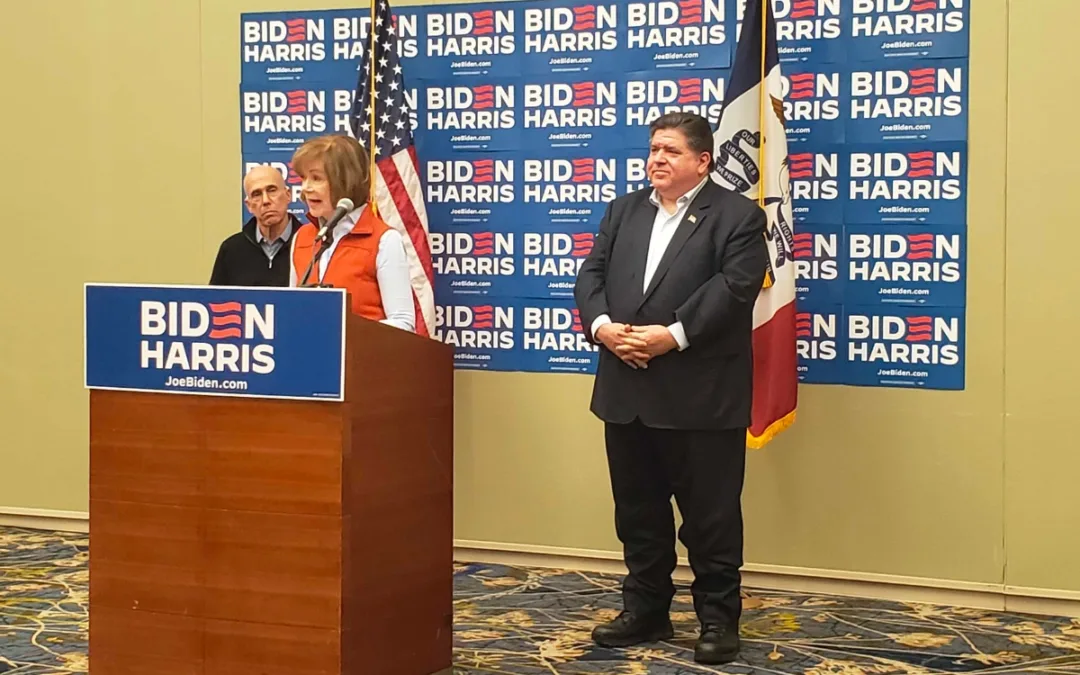
Original, heels or boots: Pritzker says leading Republicans are all MAGA
Illinois Gov. JB Pritzker said all three leading candidates in the Iowa GOP caucus—Donald Trump, Nikki Haley, and Ron DeSantis—represent the same...
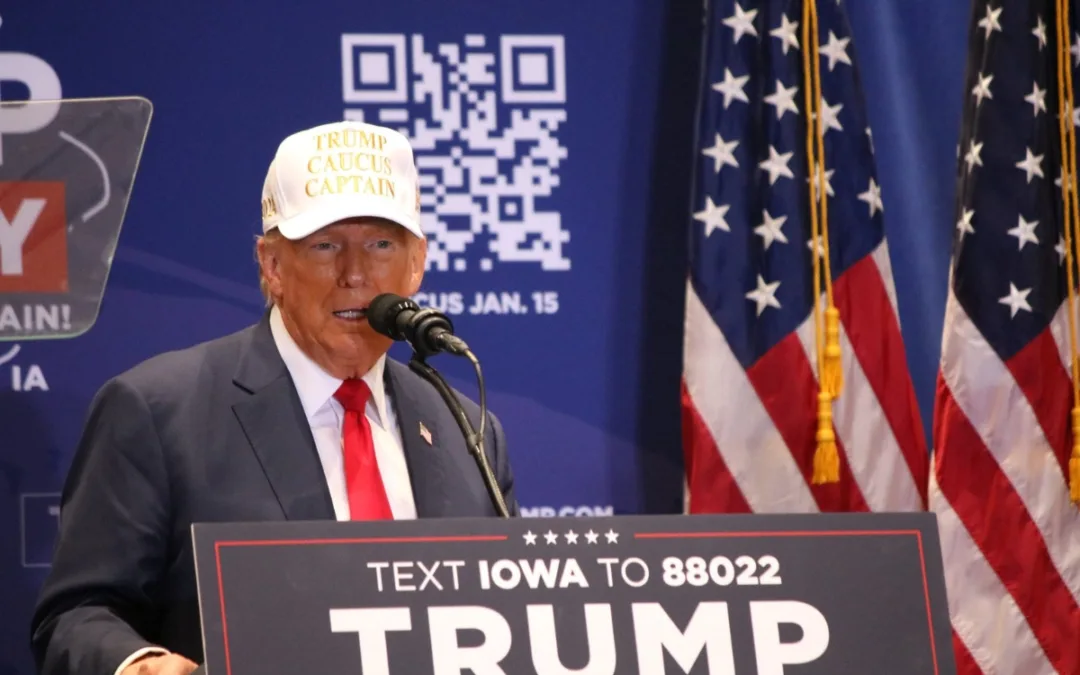
Trump tells supporters it is worth dying to caucus for him
Former President Donald Trump continues to encourage his massive base to turn out in droves for him during Monday’s Republican caucus and told an...

Climate change protesters disrupt Ron DeSantis event
Climate protesters disrupted a Gov. Ron DeSantis campaign event in Ames on Thursday night. Three protesters were escorted out of the room at...

Evangelical leaders predict huge caucus turnout, downplay endorsements
Iowa caucus candidates have racked up big-name endorsements—including a notable last-minute flip flop—but one evangelical leader said none of that...

We went to Vivek Ramaswamy’s ‘Vektoberfest.’ Here’s what we saw
As I sat on a park bench eating a bacon-grilled cheese sandwich, drinking an Exile Ruthie straight from the tap, and chit-chatting with a few folks,...
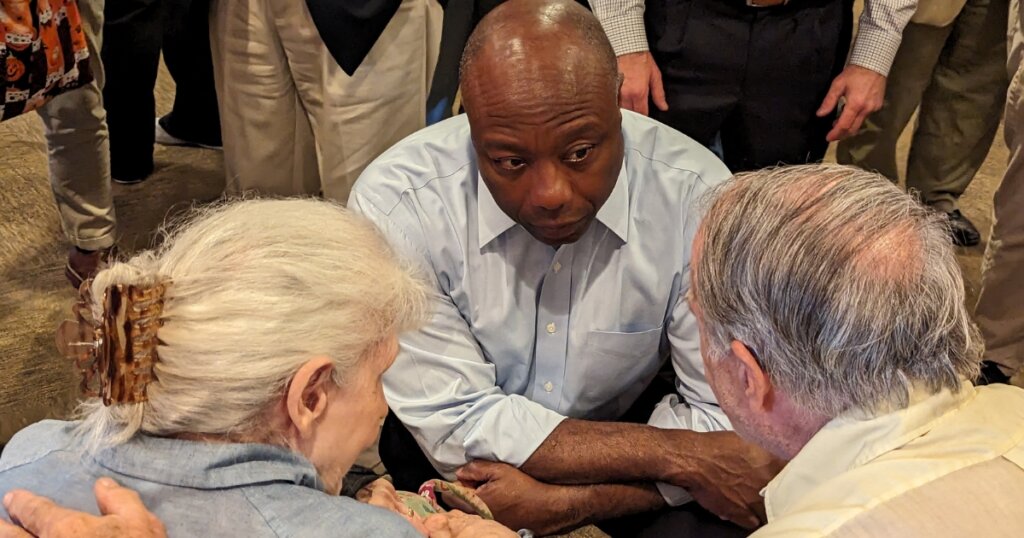
Tim Scott says kids need more exposure to conservatism
While many Republicans across the country have spent the last few years arguing that public schools are being used to indoctrinate kids into leftist...




